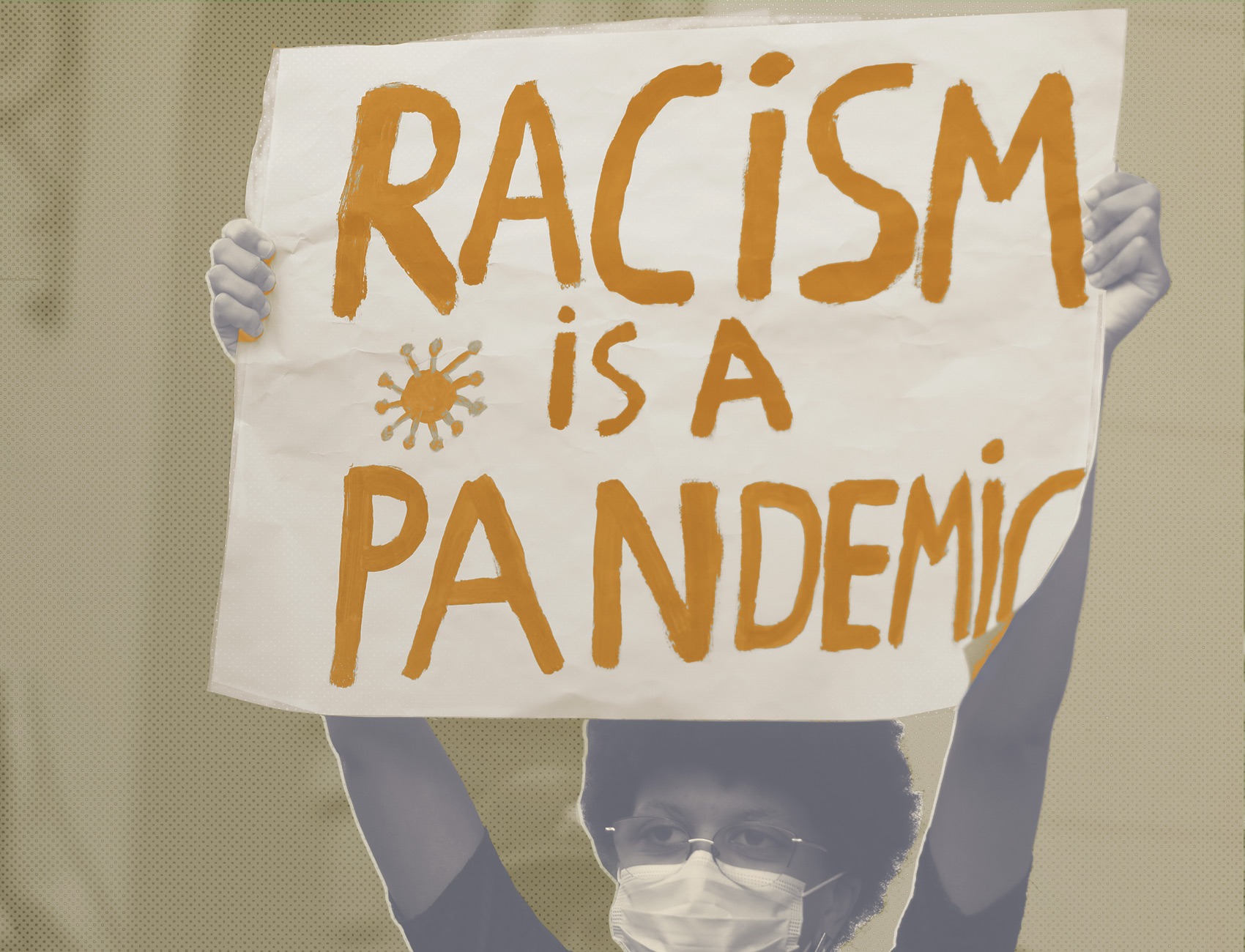Lawmakers Push For The Federal Government To Treat Racism As A Public Health Crisis
Members of Congress have introduced a bill that would create a National Center on Anti-Racism in Health.

As the COVID-19 pandemic and police violence continue to disproportionately affect Black Americans, federal lawmakers are outlining a plan to address racism as a public health issue.
The bill, introduced in both chambers of Congress on Thursday by Senator Elizabeth Warren and Representatives Ayanna Pressley and Barbara Lee, would create a National Center on Anti-Racism in Health and a law enforcement violence prevention program within the Centers for Disease Control and Prevention (CDC). It formally names racism as a public health issue, calls for research and data collection on the public health impacts of structural racism, and directs the federal government to start developing anti-racist health policy.
Experts who focus on racism and public health praised the legislation.
“Even after Americans overcome COVID-19, the racial pandemic will continue if we don’t actively support antiracist research and policy that reduce all racial health disparities,” Ibram X. Kendi, the director of the Boston University Center for Antiracist Research, said in a press release. “That’s why this Antiracism Center is so critical. That’s why I enthusiastically support its creation. Antiracist work saves lives.”
Chandra Ford, a professor at UCLA’s Fielding School of Public Health and founding director of the Center for the Study of Racism, Social Justice & Health, called the legislation groundbreaking.
“This is absolutely essential and this is long overdue,” she told The Appeal. “On the one hand it might feel very progressive, but on the other hand it just makes sense.”
Ford explained that until now, the CDC “has not really been a leader in dealing with racism or addressing the ways that racism affects health.”
The creation of a center dedicated to studying racism would enable the CDC to research health disparities and propose anti-racist solutions using a public health framework.
As the members of Congress note in the announcement of their bill, Black and Latinx people are almost three times more likely than white people to contract COVID-19 and have more than three times the age-adjusted mortality rate from the disease. But COVID-19 is only the latest example of health disparities. Black, Latinx, and Native people have higher rates of asthma, diabetes, hepatitis, hypertension, and infant and maternal mortality, among other health conditions.
As the pandemic has laid bare these stark racial divides, Americans are also becoming acutely aware of the toll that police violence has on Black communities. The legislation attempts to address that by creating the law enforcement violence protection program, which would study the effect of police brutality, consult with the Department of Justice and independent researchers to collect and analyze comprehensive data, and develop “public health interventions and perspectives for eliminating deaths, injury, trauma, and negative mental health effects from police presence and interactions, including police brutality and violence.”
Ford said the legislation’s focus on police violence is a helpful way to use the tools and knowledge of public health to address it.
“It takes it out of the contestable domain of random individual opinion and subjects it to the methods of public health,” she said.
If the legislation passes, the federal government would be joining several states and municipalities in acknowledging racism as a public health issue. More than 20 cities and counties and at least three states—Michigan, Ohio, and Wisconsin—have followed or are considering following Milwaukee County, Wisconsin’s lead and in declaring racism a public health crisis. Many more jurisdictions are considering following suit.
Ford said the failure to name racism often implies that it is not a problem, but naming it shouldn’t be considered a substitute for doing something about it. “It’s both necessary and dangerous,” Ford said.
Other members of Congress have also tried to address the issue since the start of the COVID-19 pandemic. Senator Sherrod Brown introduced a resolution in June to declare racism a public health emergency. He was joined in support by dozens of his colleagues.
Warren, Pressley, and Lee’s bill goes further, calling for concrete reforms in addition to just naming the issue. Their bill is endorsed by a number of national organizations including the NAACP, National Urban League, the Lawyers’ Committee for Civil Rights Under Law, and the Justice Collaborative. (The Appeal is an editorially independent news outlet published by the Justice Collaborative.)
